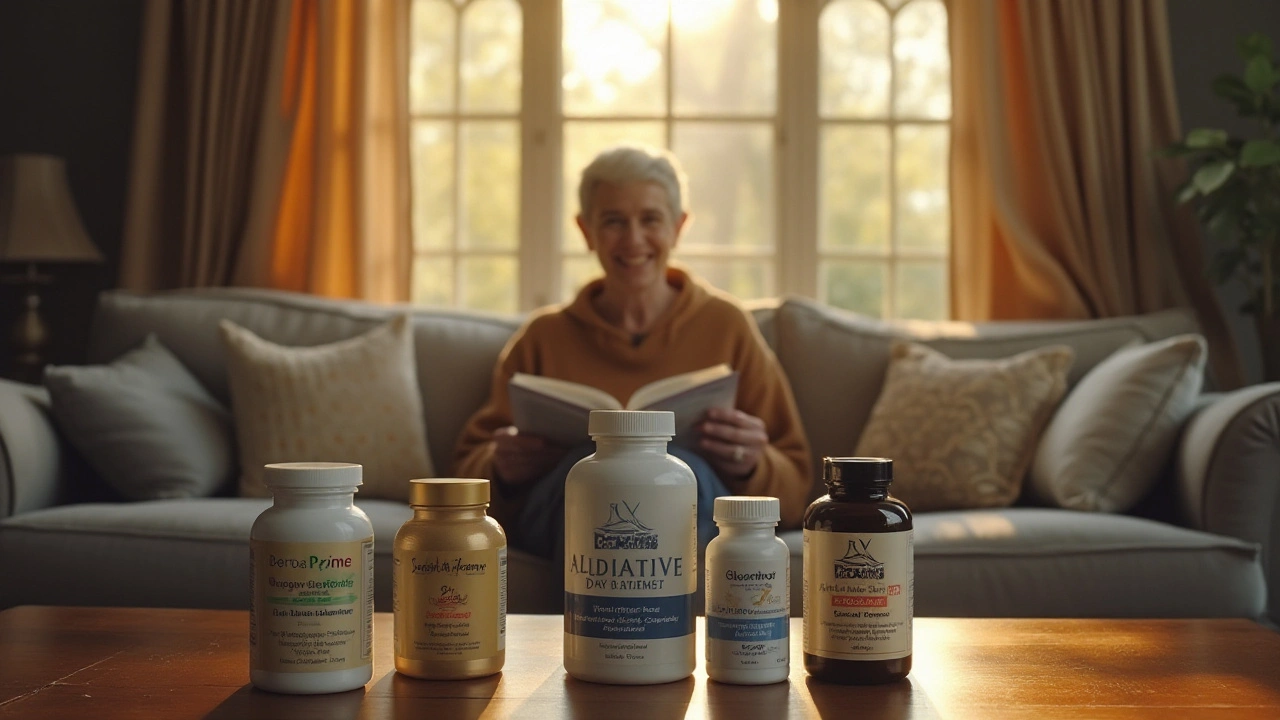Natural Supplements: Honest, Practical Advice for Everyday Use
Want to try a natural supplement but not sure where to start? You’re not alone. Natural supplements can help with energy, stress, sleep, fertility, and more, but they’re not one-size-fits-all. Below I lay out simple, useful steps to pick safe products and use them wisely.
Which supplements are worth your attention?
Some herbs have solid evidence for specific uses. Rhodiola helps with stress and mild fatigue—several clinical trials show small but reliable benefits for people under chronic stress. Pagoda tree (Sophora japonica) is rich in flavonoids and antioxidants and is worth a look if you want an anti-inflammatory boost. Wild lettuce and betel nut show traditional uses for relaxation and digestion; these have less strong clinical backing, but many people report benefits. If you’re trying to boost fertility or ovulation, articles on natural diet changes and specific supplements can offer targeted, evidence-based tips.
Think about what you need: energy, mood support, sleep, or fertility. Match the herb to that goal and read one focused review before buying.
How to pick a quality product and use it safely
Start with these checks every time you buy a supplement: look for third-party testing (USP, NSF, or ConsumerLab), check the ingredient list for fillers, and avoid proprietary blends that hide doses. Favor brands that list mg per herb and give clear dosing instructions.
Dosage: start low and go slow. If a typical Rhodiola dose is 200–400 mg, try the lower end for a week and watch for side effects. If you don’t feel better after a month, try a different approach. Never assume “natural” means harmless—some herbs affect blood pressure, blood sugar, or interact with prescriptions.
Interactions and warnings: tell your doctor if you take blood thinners, antidepressants, diabetes meds, or blood pressure drugs. Herbs like Rhodiola can affect mood and energy and might interact with SSRIs or stimulants. Pregnant or breastfeeding? Avoid most herbs unless your provider says it’s safe.
Buying online: use reputable sellers. Be wary of ultra-cheap products or sites with poor contact info. Read recent user reviews and cross-check claims against reliable medical sources.
Keep a simple routine: pick one supplement at a time, track symptoms in a notebook for 2–4 weeks, and note side effects. If benefits are clear and no harms show up, you can decide if the supplement earns a permanent spot in your routine.
On this site you’ll find practical reviews of Rhodiola, pagoda tree, wild lettuce, betel nut, and focused guides on fertility and safe buying. If you want, start with one article on the herb you’re curious about and compare brands before you buy.
Got a specific goal or medication you’re worried about? Tell me — I can point to the best reads or give quick safety tips for that combo.

Top Alternatives to Metformin for Managing Blood Sugar Levels
- Oct, 29 2024
- Daniel Remedios
- 10 Comments
This article explores five effective alternatives to Metformin for managing blood sugar levels in individuals with type 2 diabetes. Each alternative, including BerbaPrime, Invokana, Sugar Defender, Glucotrust, and Mounjaro, has unique characteristics and benefits. The discussion covers their mechanisms, potential advantages, and drawbacks, helping readers make informed decisions about their treatment options. A comparison table offers a quick overview to aid in selecting the best substitute.
